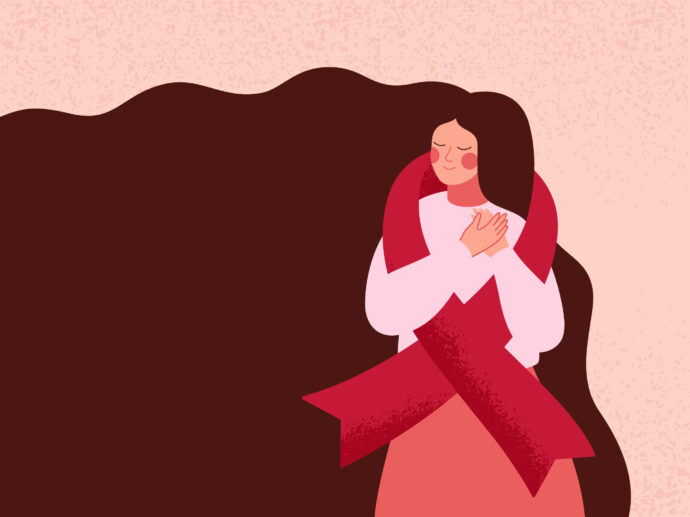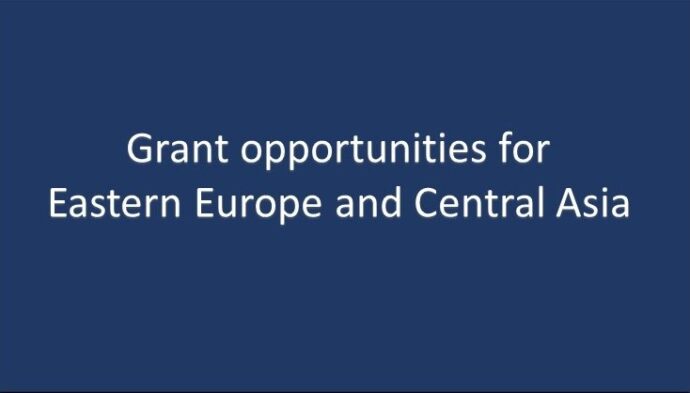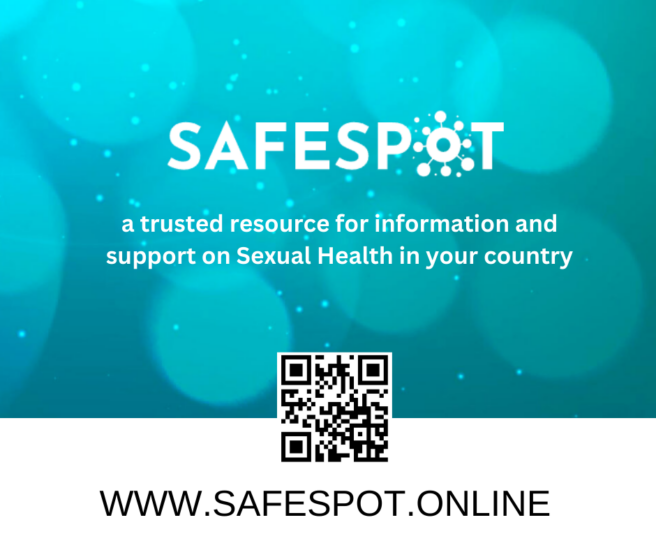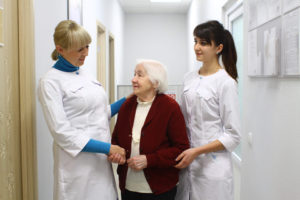 Author: Yana Kazmirenko, Ukraine
Author: Yana Kazmirenko, Ukraine
All-Ukrainian Network of People Living with HIV (PLWH) plans to open five 100 Percent Life all-patients-friendly clinics this year. The ultimate plan is to cover the entire Eastern Europe and Central Asia (EECA) region.
The Project to create the 100 Percent Life network of clinics is a challenge for the Charitable Organisation All-Ukrainian Network of People Living with HIV/AIDS. It is considered to be the largest patient organization throughout the former Soviet Union. During the past several years, modern medical centres accessible for all patients have been opened in each region of Ukraine. Medical centres will provide treatment and social support to those frequently dealing with discrimination at regular hospitals: people living with HIV, representatives of key risk groups. HIV-positive patients will receive services free of charge, clients, in general, will receive them at below-market prices.
In autumn of 2016, a pilot clinic was opened in Poltava, and this year medical centres in Kyiv, Zaporizhia, Lviv, Chernihiv and Zhytomyr will receive their first patients. The capacity of the clinic in the capital will be 900 patients per month.
The Network is preparing to present the Clinic Network Project at the 22nd International AIDS Conference AIDS 2018 in Amsterdam. They are convinced that such format will be highly sought in all countries of the EECA region.
“The first centre of this kind abroad will be opened in Moldvova – they have liberal legislation. Georgia and Kazakhstan are also expressing interest,” says Dmitriy Sherembey, the Chairman of the Coordination Board of Charitable Organisation All-Ukrainian Network of PLWH.
The philosophy and services of these clinics will be a drastic difference from the reality of Ukrainian AIDS centres. Below is the outline of the main differences.
Donors become investors
The Clinics Project changes the roles of donors and non-profit organisations. Under the PLWH Network, model donor organisations become investors, and non-governmental organisations (NGOs) become entrepreneurs.
“At the present time, donors award grants, and in the end, they receive a report on “why it did not work and how flawed the world is.” We are knocking this system down: each hryvnya spent on the clinic by donors continues to work after grant completion. All profit from clinics will be invested into the development of new services. The donor acts as an investor and receives profit not in monetary equivalent but in humanitarian terms,” says Mr. Sherembey.
According to calculations of the Network Head, 50 thousand dollars invested in a clinic will turn into a million within 20 years. At the same time, money spent by a patient at the clinic will turn into a service to a person who wants to live, as opposed to being just owner’s profit.
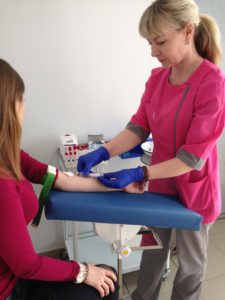
The clinic in Poltava has become profitable just six months after opening. This gives a chance to NGOs to say good-bye to the role of petitioners and enter the market of medical services, which is rated at 100 billion US dollars a year in Ukraine.
“The network of clinics will allow maintaining programmes and staff in case the Global Fund leaves Ukraine. We have been observing the negative experience of closing up programmes and discharging specialists in the Eastern European countries that have joined the European Union,” adds Yaroslav Blyakharskiy, Manager of Social Entrepreneurship Section of PLWH Network.
Medical centre is put together like Lego
Each clinic will have a different set of services, depending on the diseases in the region, what is offered by competitors and the paying capacity of the population. Three specialists will form the basis: a family doctor, an infectious disease specialist and a drug treatment specialist.
Poltava was not a random choice for the pilot project – it is a typical medium-size Ukrainian city. If the project proved to be sought after in this city, it is bound for success in other regions.
“The pilot clinic provides help in the following fields: neurology, allergology, nosology, narcology, pain and withdrawal syndrome relief. Narcology has proven to be in the highest demand,” says Mr. Blyakharskiy.
In Kyiv centre this list will be supplemented with gynecology, urology and dermatology.
Progressive standards of care
Progressive European treatment protocols will be used at 100 Percent Life medical centres. The Clinics Project is integrated into the medical reform, which is currently dismantling the Soviet-times model. Under the reform, each citizen of Ukraine will have to select a family doctor; and the Government will transfer money to the doctor for treatment of this patient. The family doctor will be able to prescribe antiretroviral therapy, which is currently received by 90 thousand patients in Ukraine.
A mobile application as your health manager
100 Percent Life medical centre will make all communications between patients and medical staff automated as much as possible. Clients will be able to install an application on their mobile phones enabling on-line arrangement of appointments, medical tests, receipt of prescriptions and seeing the entire treatment regimen. Patient’s medical record will also be available electronically. The application will allow covering 60% of all communications between the patient and the clinic.
Medical centre accommodates the patient
Poltava clinic is open until 10 p.m. seven days a week. For the PLWH Network it is vital that all categories of patients get equal access to proper quality services and treatment and do not face rejection and discrimination.
According to the research conducted by the PLWH Network, around 19% of surveyed HIV-positive patients in Ukraine have faced refusal of medical examinations that did not involve contact with blood (the research is titled Evaluation of multiple stigma faced by high risk group representatives with regards to HIV infection – editor’s note). Around 80% of patients were refused by the consulting physician.


